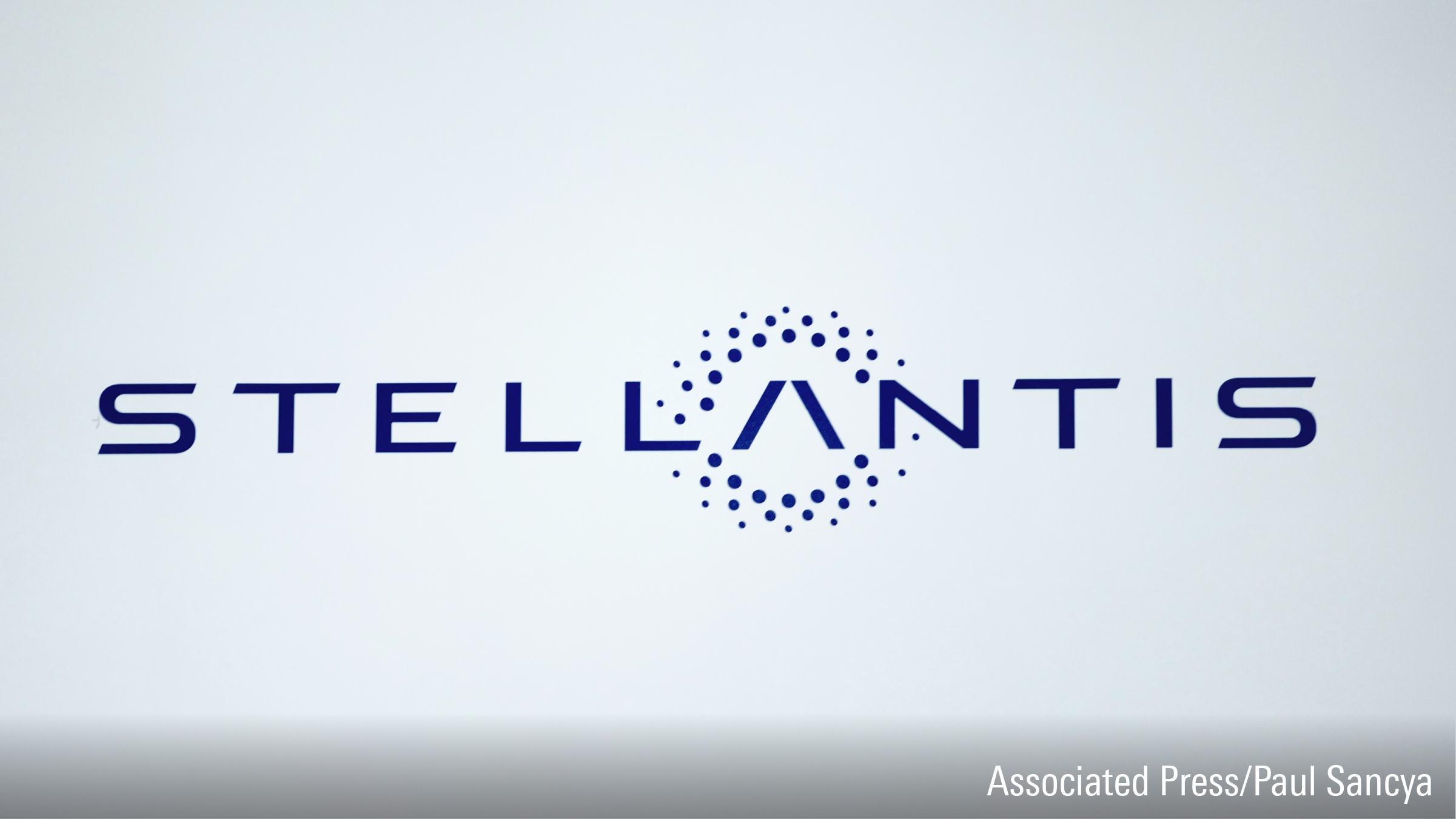
Child labour, exploitation and unsafe work conditions are still real issues in today’s world, though they may not be in front of us in our daily life. But the pressure is on asset management firms to tackle such problems as part of their sustainable remit.
A report by campaign group ShareAction says the current situation is disappointing. While three-quarters of asset managers have a human rights policy covering all areas of investment, relatively few make firm human rights commitments. In simple terms, it means while many fund groups are talking the talk, they are not yet walking the walk. It's an issue Morningstar recently delved into in its research into fund manager's roles as stewards
While Morningstar's research focused on climate change, which is a priority issue for many ESG-focused investors, Morningstar Hortense Bioy, director of Sustainability Research, says: "It is clearly not the only sustainability issue that asset managers should focus on."
ShareAction found that the world’s six largest asset managers are among the poorest performers on human rights. These include Fidelity Investments (FMR), JPMorgan Asset Management, Vanguard, BlackRock, State Street Global Advisors, and Capital Group. The vast size of their assets under management mean that together the latter three of these firms constitute the largest shareholders in 88% of firms listed on the American S&P 500 index.
“Through their policies, investment decisions, and stewardship practices, [asset managers] have the ability to change companies’ behaviour and therefore their impact on human and labour right,” says Felix Nagrawala, senior analyst at ShareAction.
Asset Managers and Human Rights
ShareAction’s assessment looks at 75 of the world’s largest asset managers and their performance on responsible investment, and human rights in particular. It found that 70% of these firms make no commitment to exclude or engage with companies in line with international human and labour rights frameworks.
“Particularly alarming is the number of asset managers’ policies without commitments to influence corporate behaviour on salient human rights impacts - the most severe impact a business has the potential to cause - in line with international frameworks,” says Nagrawala.
Another problem, he says, is a lack of sufficient reporting from asset managers, leaving investors unclear on the degree to which policy commitments are translating into action - a problem Morningstar's own research also came up against. ShareAction says just 17% of the groups it assessed publicly disclose a comprehensive record of ESG-related engagement, while only 12% of publicly disclose the names of companies they exclude.
The most frequent human rights policy commitments used by fund groups is the exclusion of companies that derive revenue from controversial weapons. Yet, 47% of the world’s largest asset managers lack policy commitments prohibiting investments in controversial weapons banned by international arms treaties such as nuclear or chemical weapons and mines.
The least common commitment seen is the publishing of the names of excluded companies. LGIM is one of the few groups that does this, according to Morningstar, regularly publishing a list of companies from which it has divested.
The US Lags on Human Rights
Notably, the report found that US asset managers lag their counterparts in Europe and Asia on human rights policy commitments. Just 15% of US groups have commitments on human rights across their entire fund range, compared with 78% in Europe and 33% in the Asia Pacific region.
“The scale of inaction by these US managers is particularly concerning given that the US accounts for 58% of total assets under management covered in this assessment, representing $33 trillion,” Nagrawala says.
Morningstar's Bioy adds: “The Covid-19 pandemic has put a renewed spotlight on the ‘S’ of ESG and on the importance of building resilient supply chains." She thinks the way businesses treat others - from their employees to suppliers - will be increasingly scrutinised in the future. "Investors will be asking tougher questions about human rights issues in supply chains, especially as a growing number of investors are keen to make a difference in the world and align their investments with their values.”
Signs of Progress
But Nagrawala believes there are positive signs the industry is beginning to show progress. “Leading asset managers are developing robust policy commitments, as well as having strong integration of human rights into investment decisions and stewardship practices,” he says. “However, if the industry as a whole is to rise to the challenge, it will require a firm commitment to end its contribution to human rights abuses and take responsibility for its impacts on environment and society.”
A JPMorgan Asset Management spokesman said: “We take human rights violations very seriously and adhere to global conventions. Any company with alleged or proven violations of UNGC principles, including human rights abuses, is scrutinised and may result in either enhanced engagement or removal from a portfolio.”
A Vanguard spokesman said: “Vanguard’s investment stewardship team actively engages with portfolio companies and their boards to discuss material risks such as human rights issues. Vanguard will hold company boards to account to ensure they conduct business in a socially responsible way.”
A Capital Group spokesman said: “While ESG issues can be nuanced and not typically lend themselves to simple yes/no votes, it is an area of great importance for us and our clients. We are working with organisations globally to continuously improve and learn.”
A spokesperson for State Street Global Advisors said: “We are committed to engaging actively with companies to help them improve their working practices related to numerous ESG criteria, including on human rights issues. We are working to implement enhanced screening protocols in line with UN global compact principles.”










:quality(80)/cloudfront-us-east-1.images.arcpublishing.com/morningstar/6BCTH5O2DVGYHBA4UDPCFNXA7M.png)

















